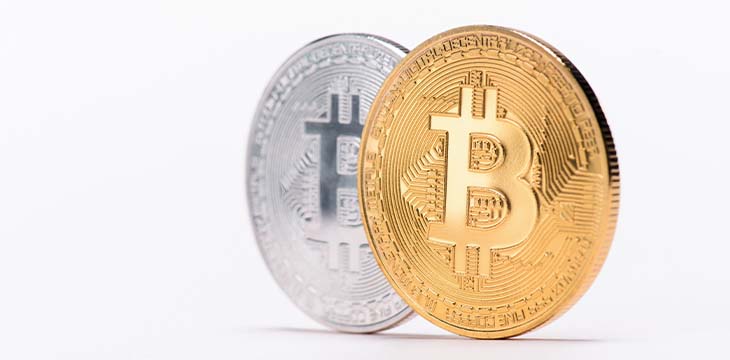The new units of money carry zero economic value in themselves but are artificially and forcefully made to be of the same face value of the existing money, causing a dilution of the value of the existing money.
Although the share base is diluted, the unit value of the existing shares is not diluted, because the total value of the shares is also increased in proportion.
But on other hand, the market may be making irrational decisions due to mass confusion or deceptive schemes, thus giving unjustified value to a so-called market-based money, thus diluting the value of the existing money.
The basis to analyze this question is to firstly acknowledge that the economic justification of a thing in this man-made world is based on its net utility, a net result of its input and output.
An asset that has intrinsic utility is chiefly a good, or if the good is standardized, a commodity, and its existence justified by the very utility itself.
First, generating over 50% of the total transaction volume of the entire Bitcoin world, but receiving a mere 0.1% of the total digital currency market capitalization, BSV is far more fairly positioned than the rest in terms of its economic justification and moral sentiments.
It is in fact the blockchain system that I think has the highest potential to justify its existence and valuation in many multiples in the future.
In a more foreseeable future, if its transaction volume increases by a 100x from its current level, BSV will be able to easily justify its present valuation even using a traditional enterprise valuation method based on economic fundamentals.
That is why those who advocate a completely free market economy without government interference are wrong.
The amoral market will give something even like BTC a use case, which is a black money market.
The very notion that something like BTC whose extraction-economy is strikingly immoral may succeed simply due to the stupidity of the market, is a depressing thought.
For individuals, categorically deciding against a new technology simply because it creates a new currency is not a good philosophy, nor is rejecting a commodity simply because it may be accepted by the market as money.
Marx had a brilliant theory but made an erroneous assumption that the human economic system is both a closed system and a simple system with straight causality .
As a result, something that appears to add a new currency into circulation would be an immediate suspect of evil.
Marx failed to understand that the human economic system is an open system in which new value is created due to external inputs, not merely by simple labor which is a part of a closed system.
The surplus value is not limited to capital only, but also derives from human ingenuity.
But when the technology creates a new currency, and the currency enriches early adopters, a natural question to be asked is whether the new wealth is overall justified.
The early developers and adopters of value transfer technologies such as BSV are comparable to early investors in a traditional enterprise.
As to computation, it is a support of value, not because computation as a cost in itself is justification for the value, but that the deployment of computation is a result of market feedback based on its usefulness or perceived usefulness.
In the case of Bitcoin, concerning the above question of “whether the new wealth and its distribution are justified by the net contribution,” this inquiry alone should allow one to see a stark contrast between BTC and BSV.
The extreme depression of BSV price will eventually show itself as the market’s disguised way to prove BSV’s moral worth through an adversarial trial that prolongs the open window for early adopters to exit and for new adapters to enter at very low-price points.
The people who persist could end up losing everything if what they have believed in turns out a failure.
These are questions that cannot be answered easily.
